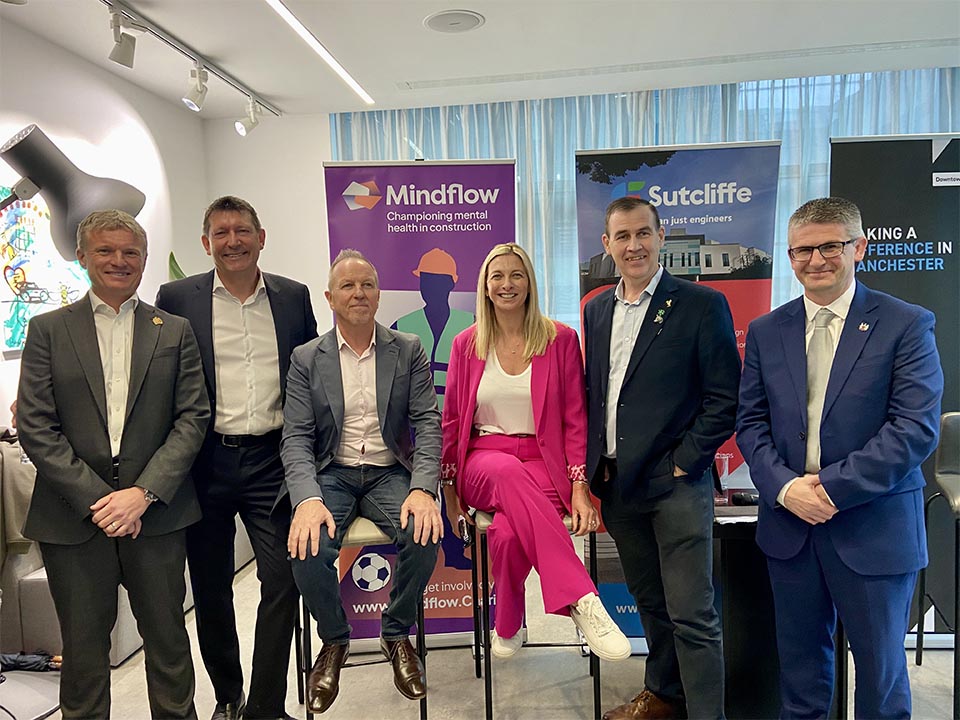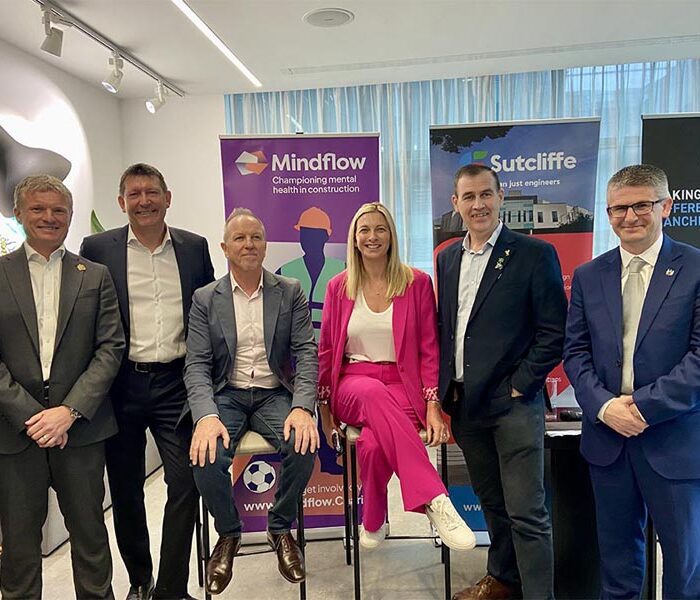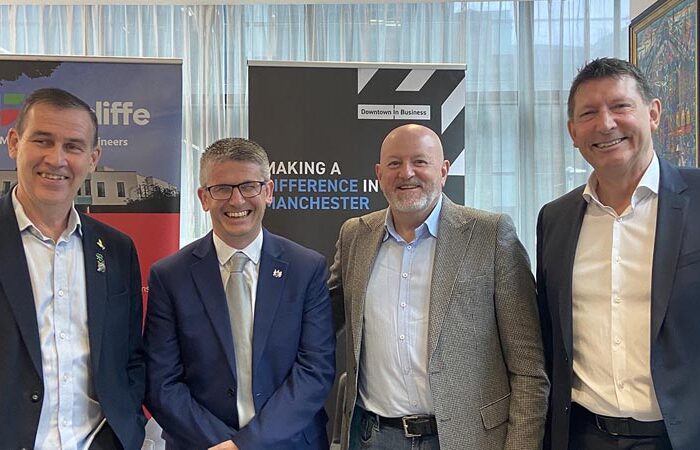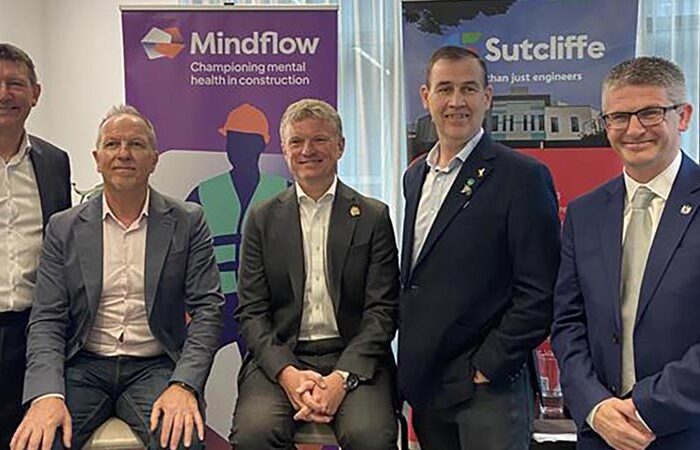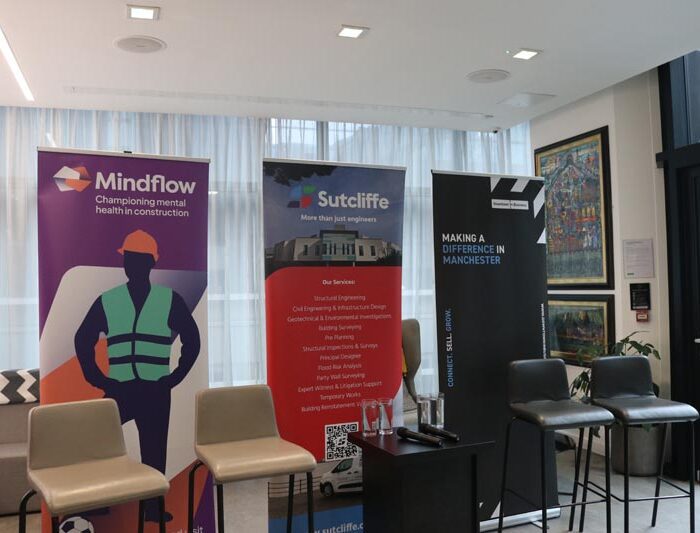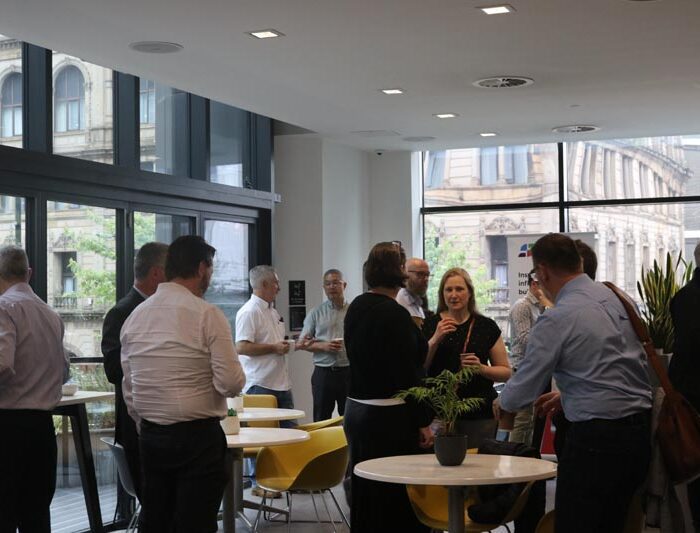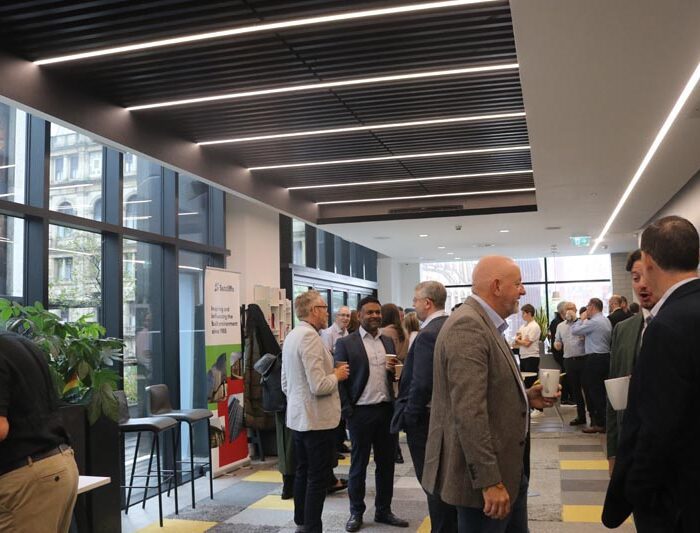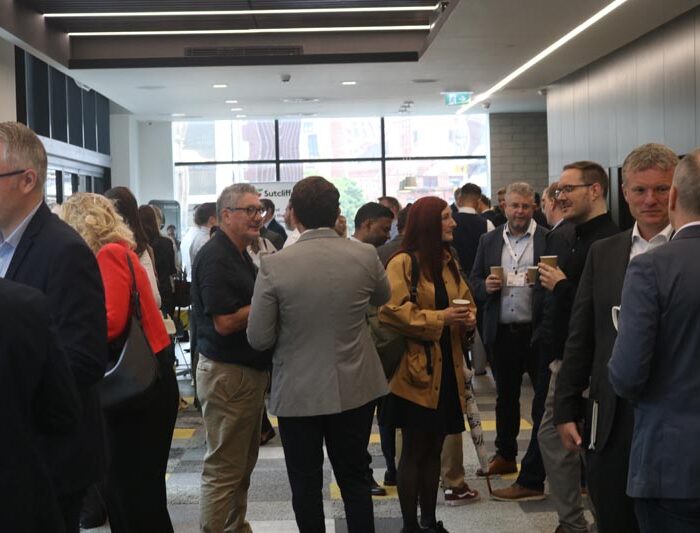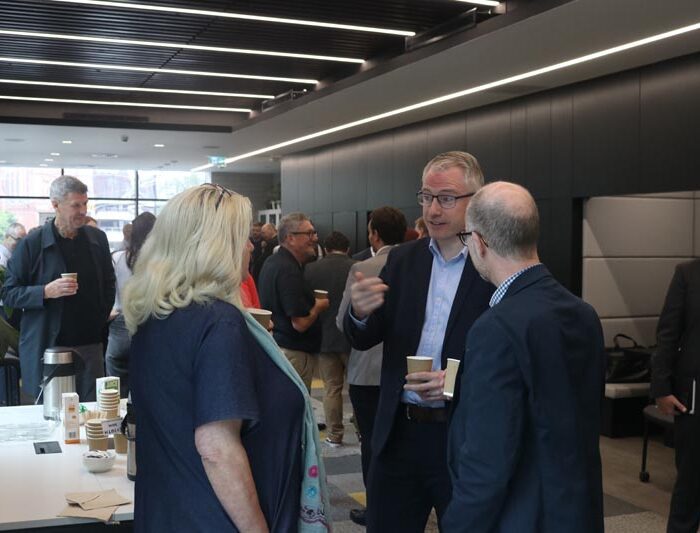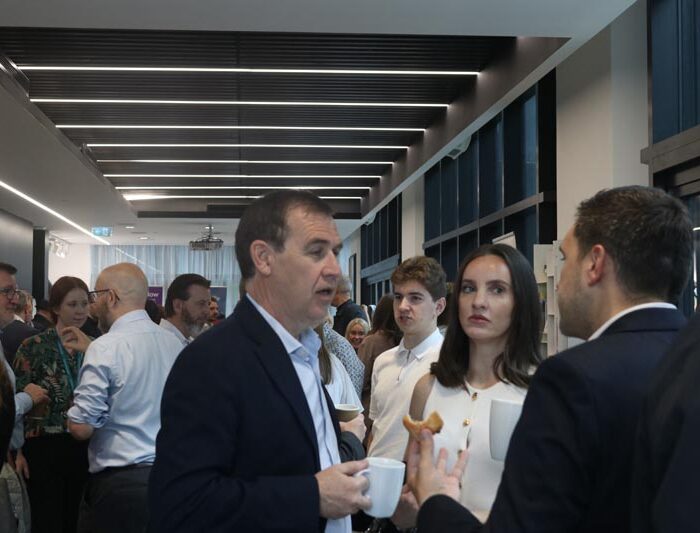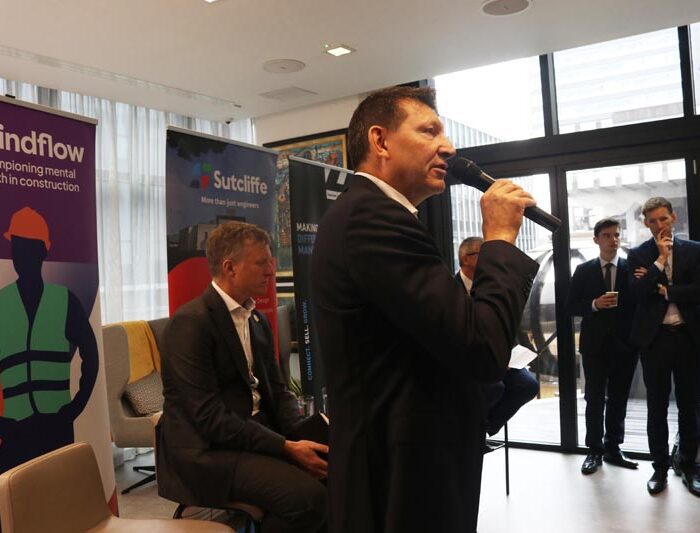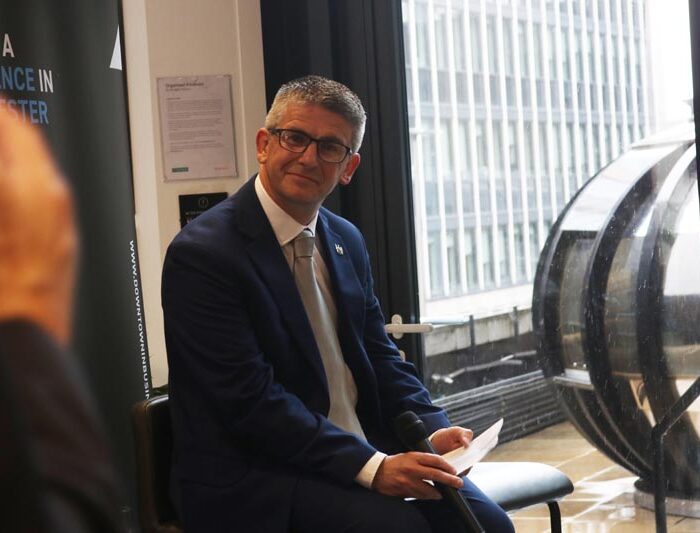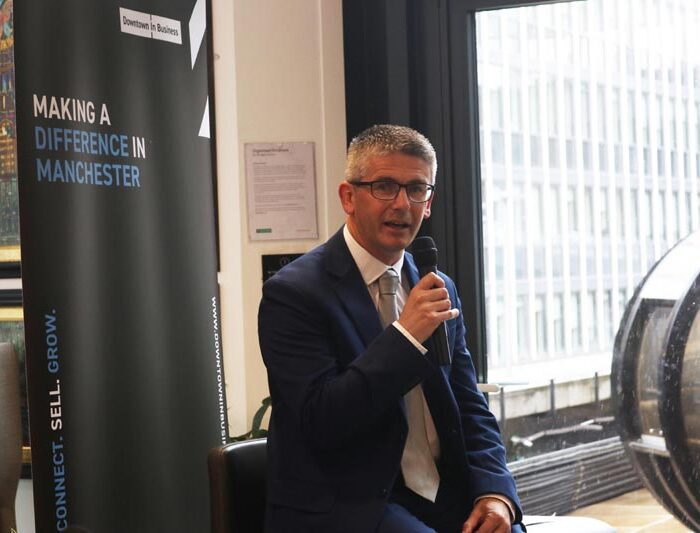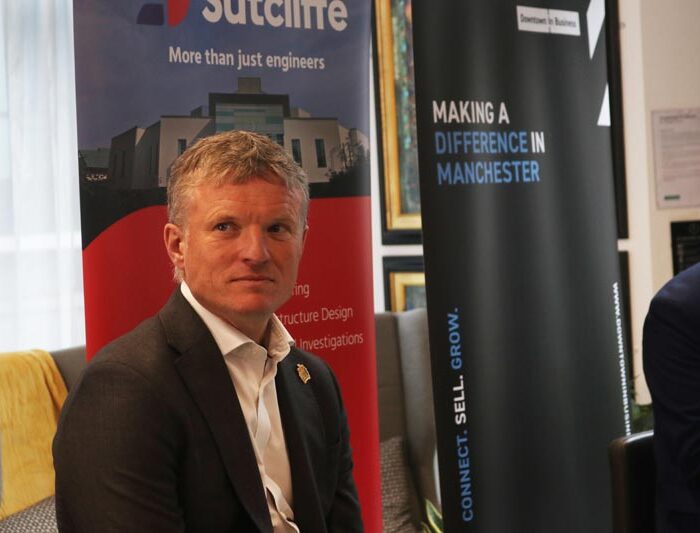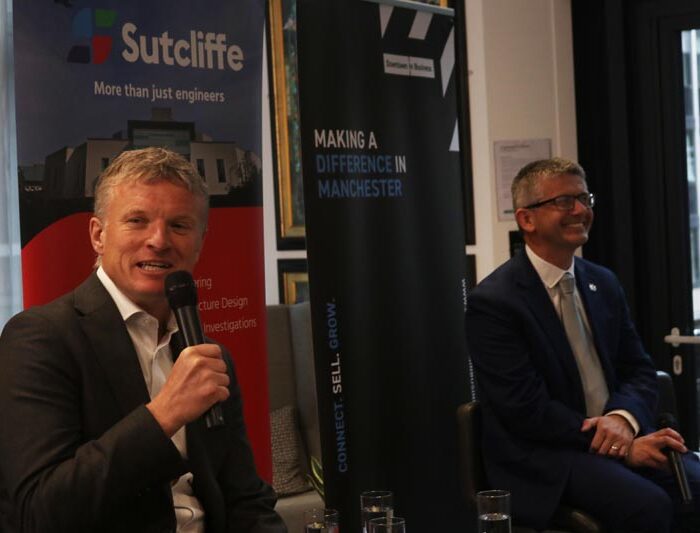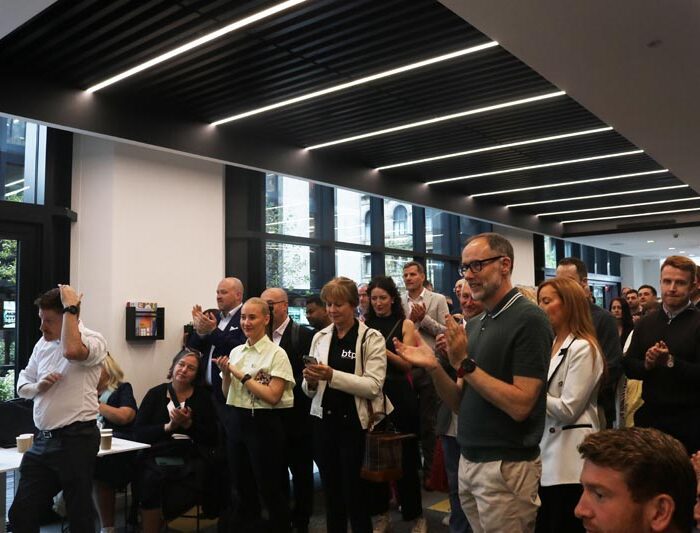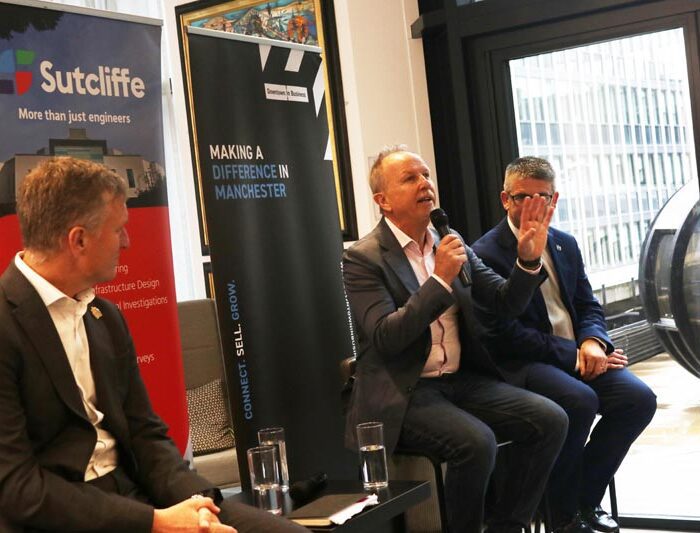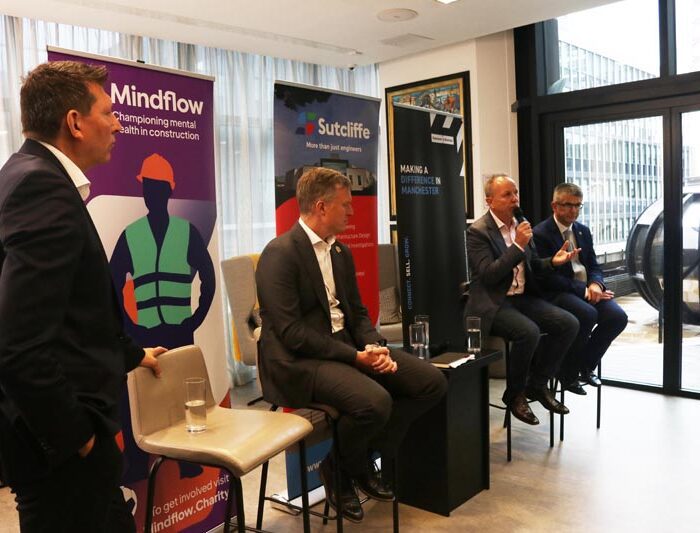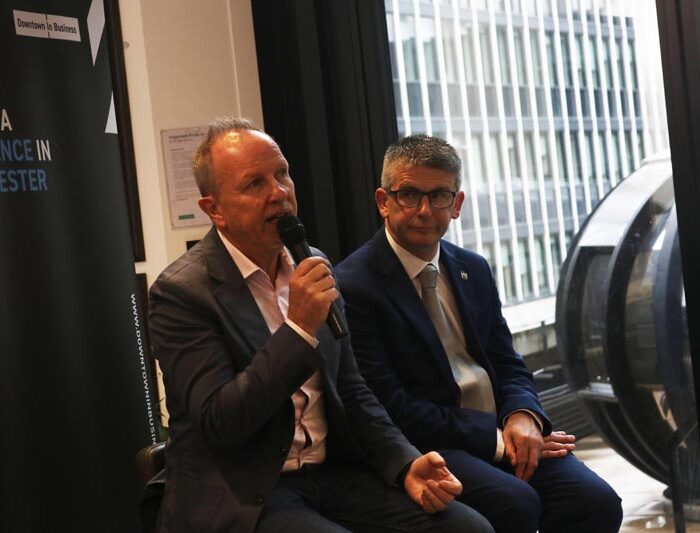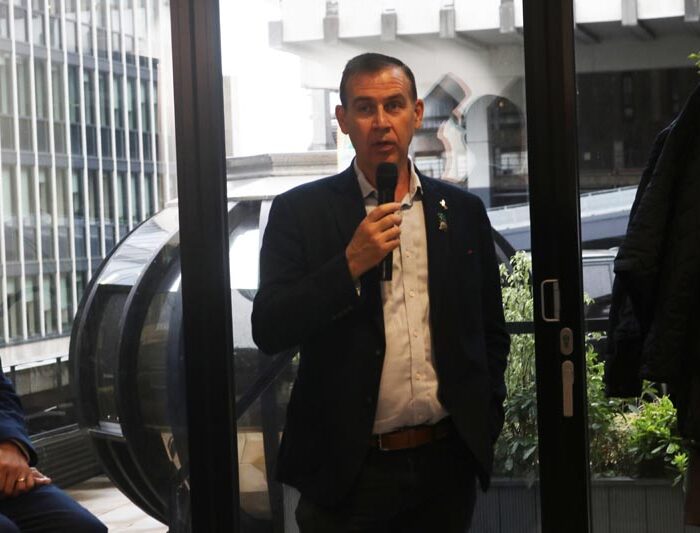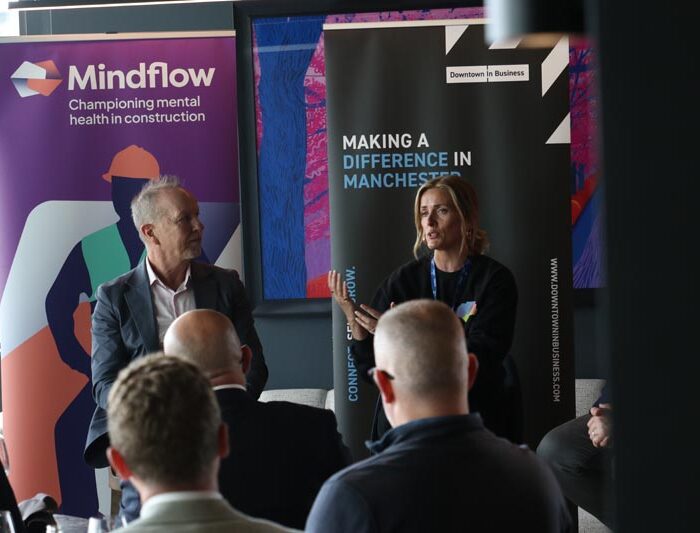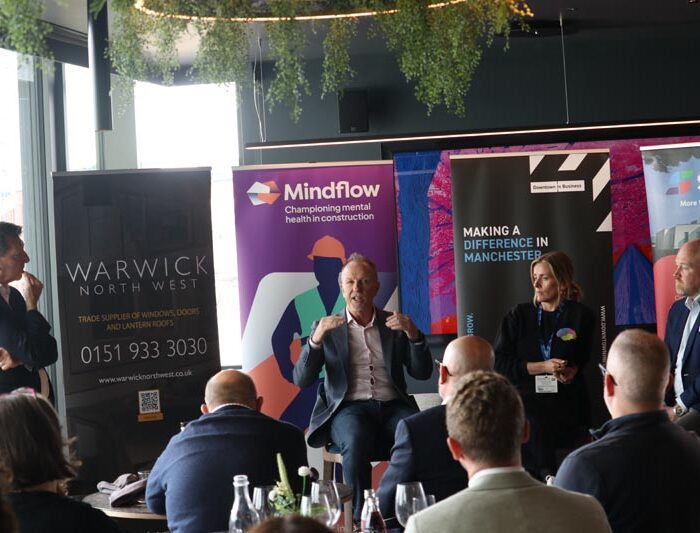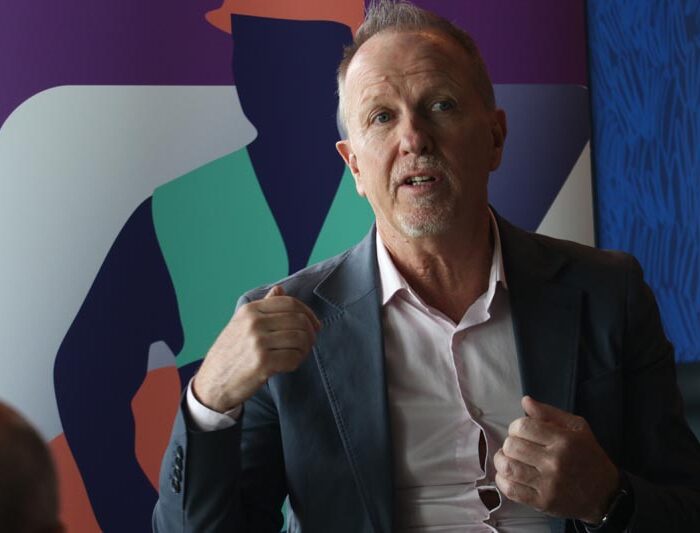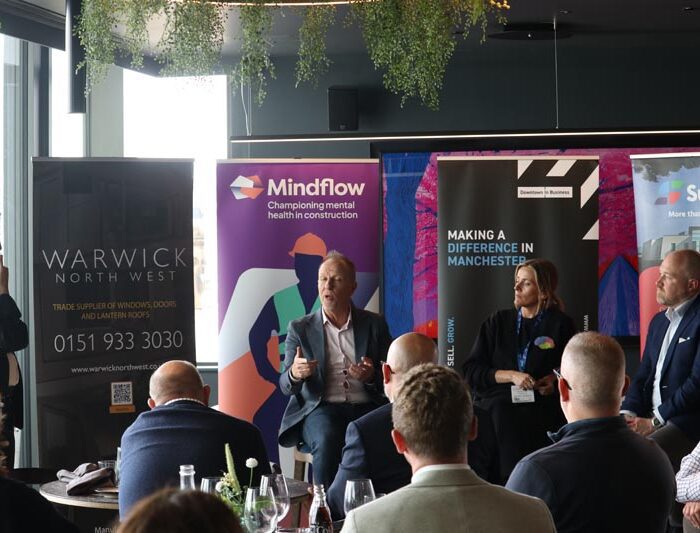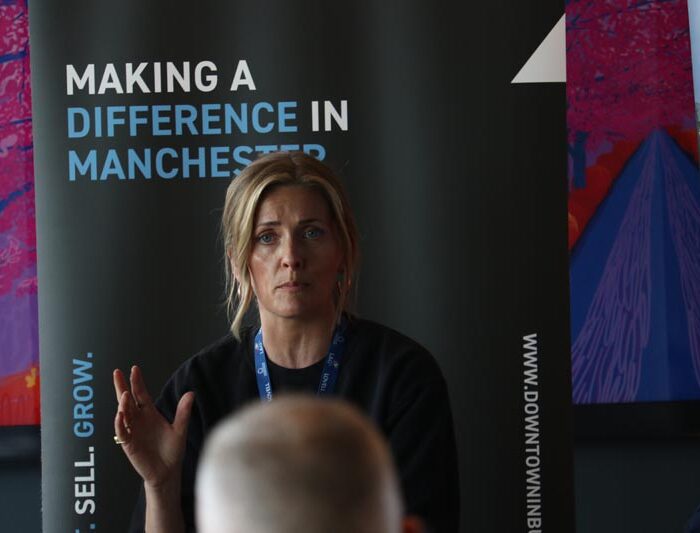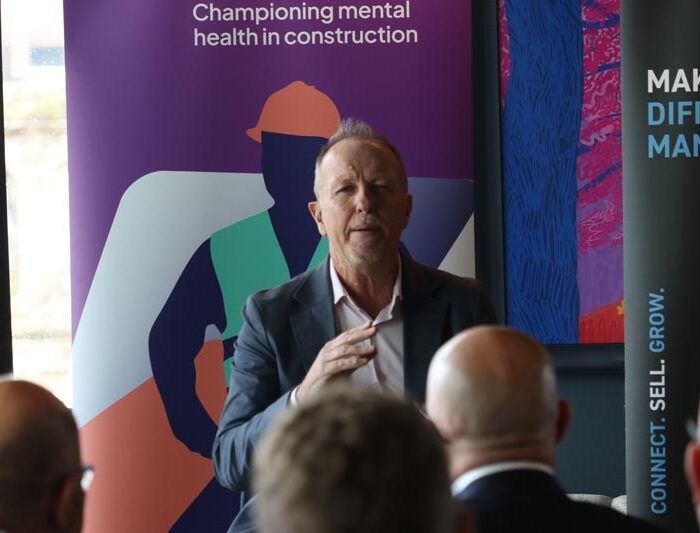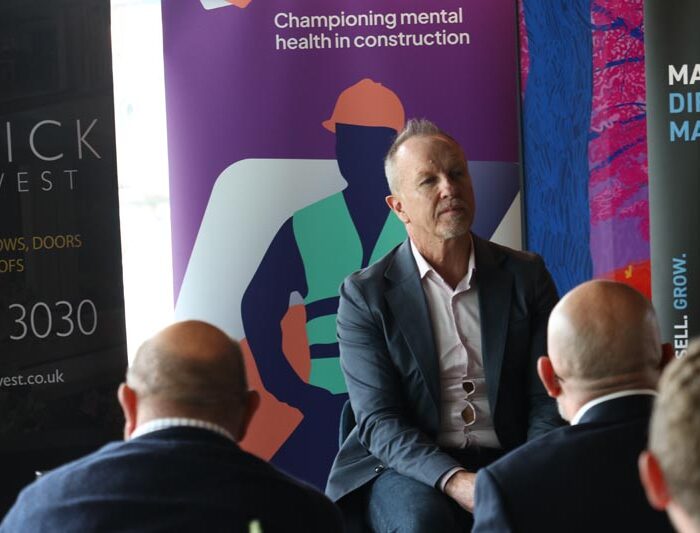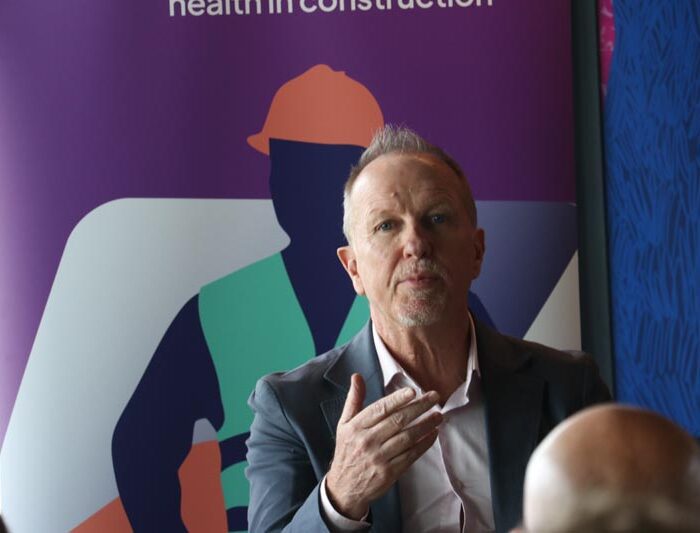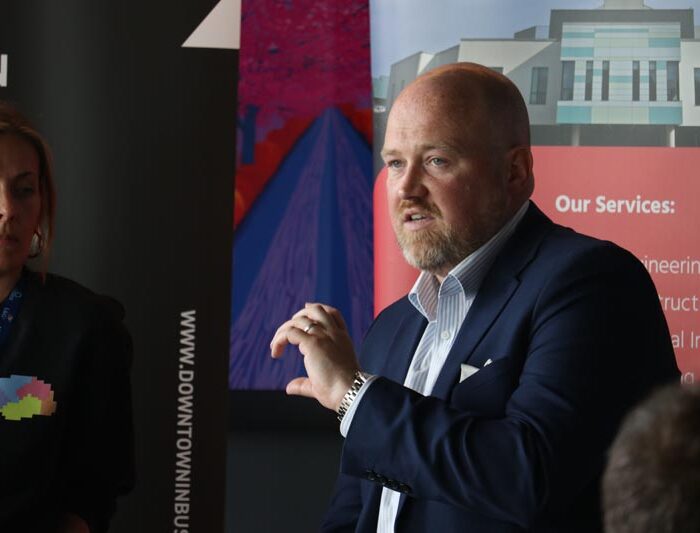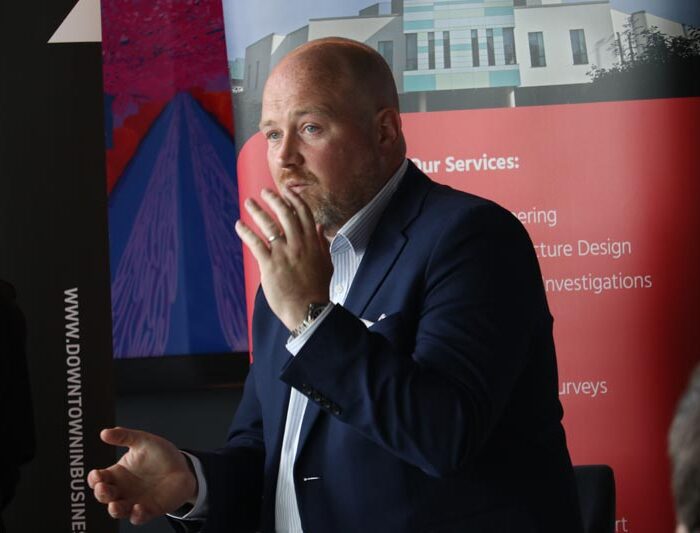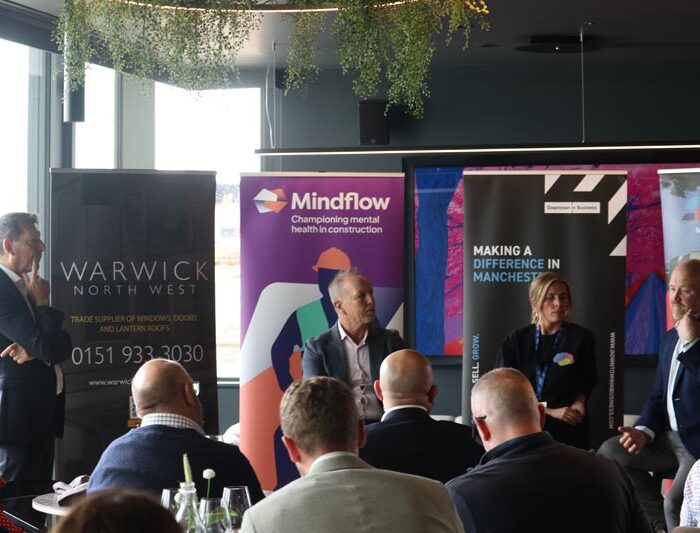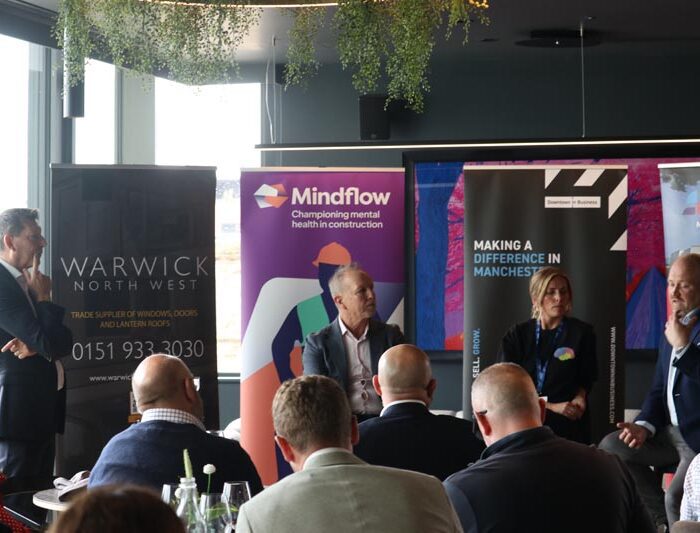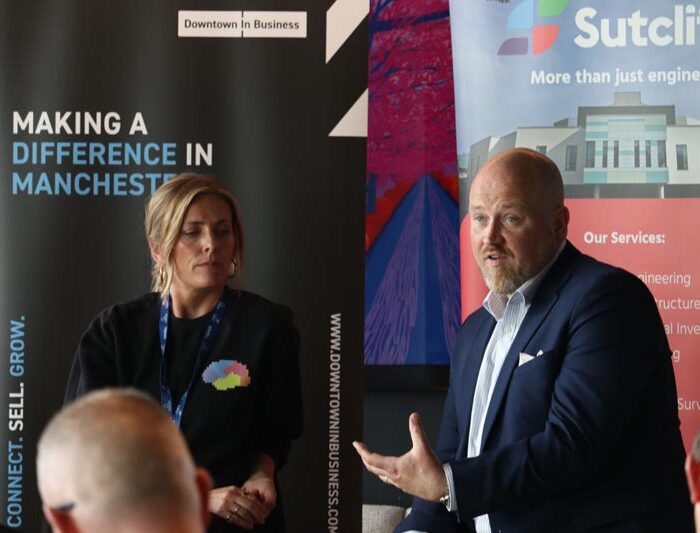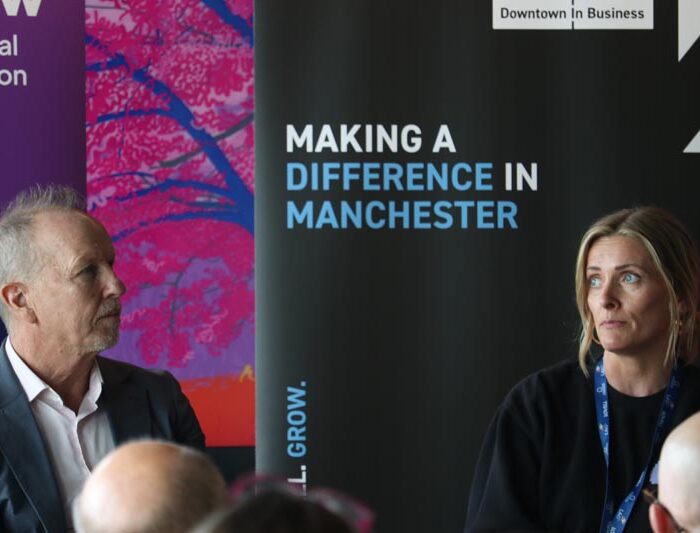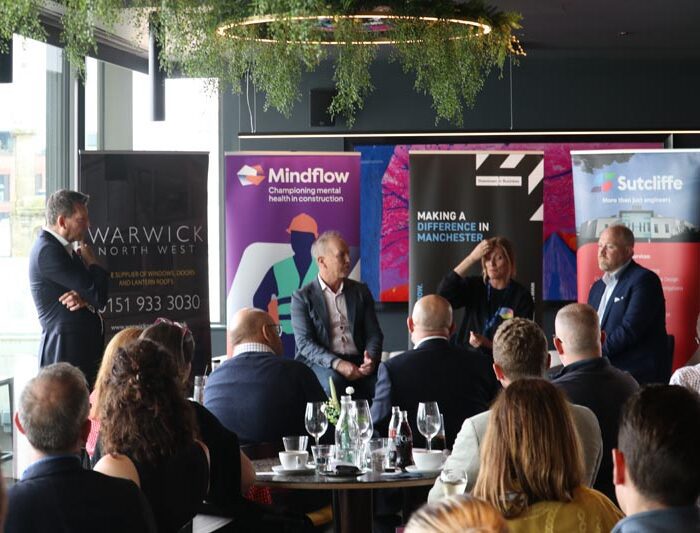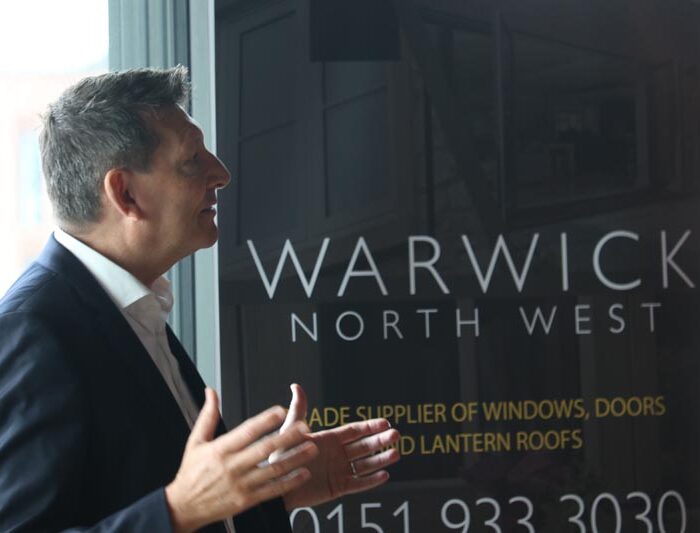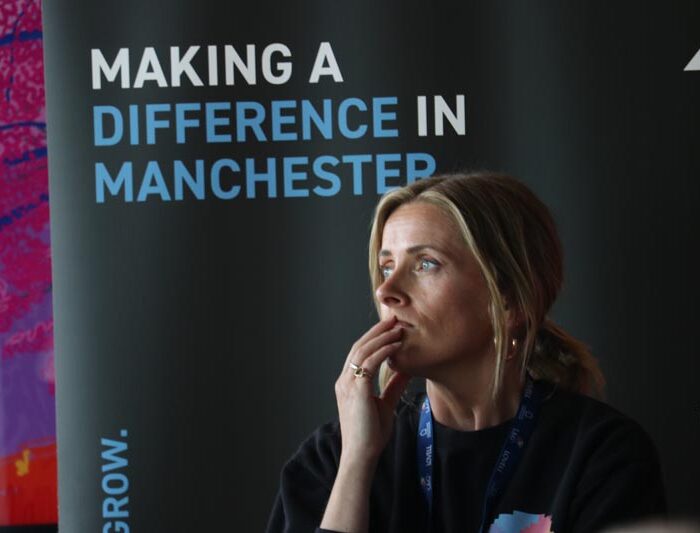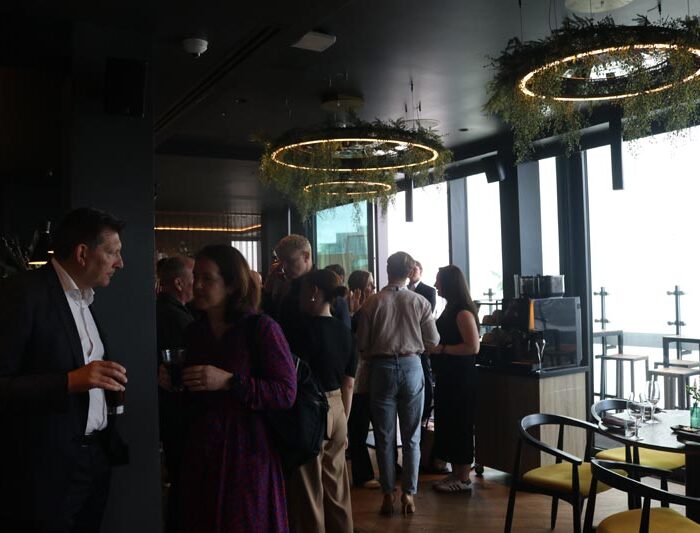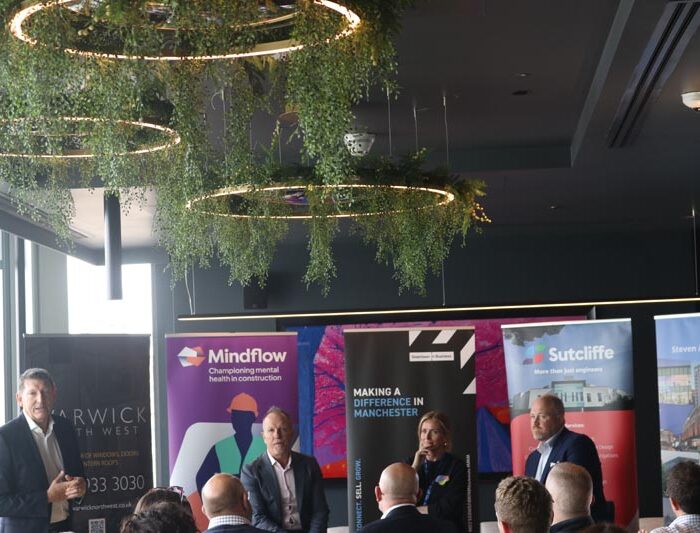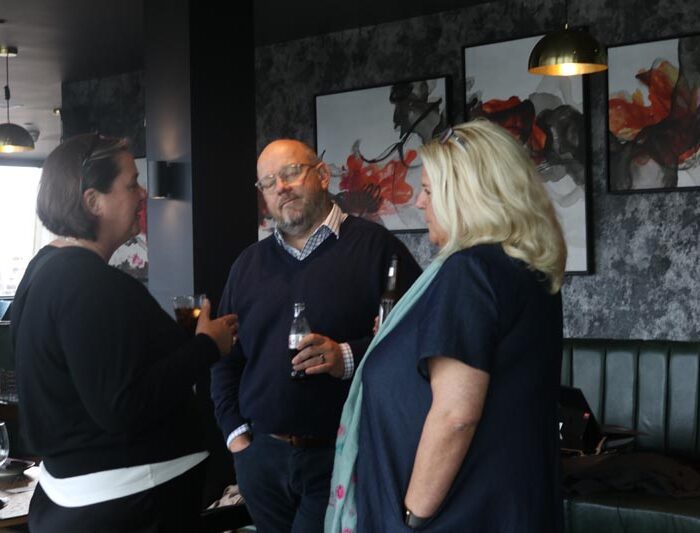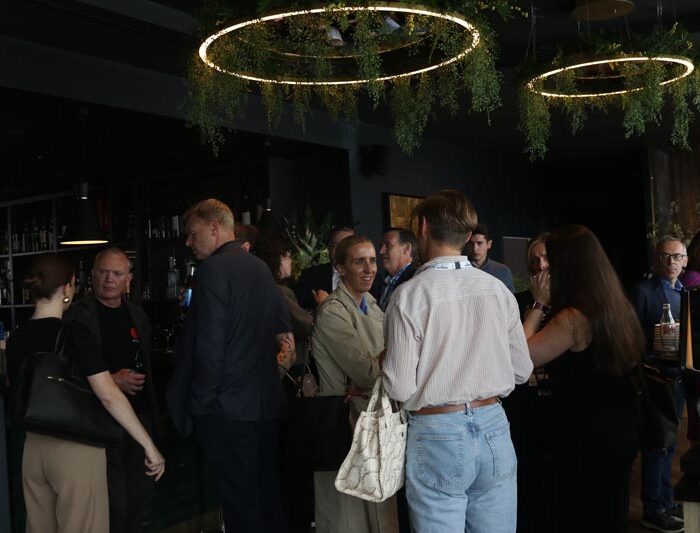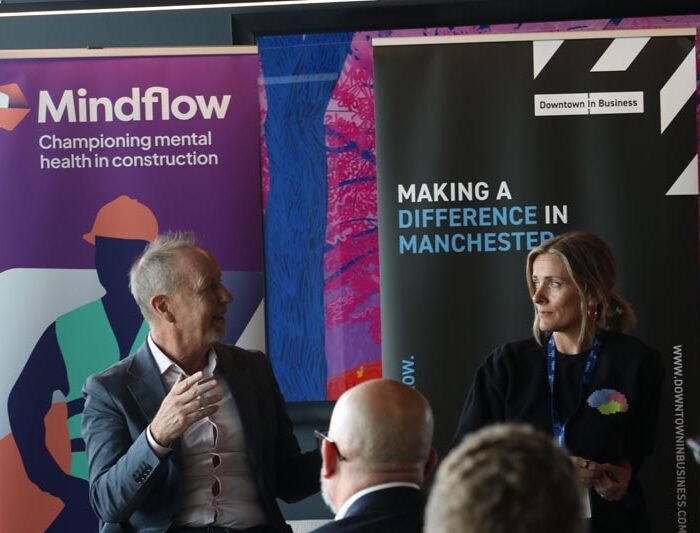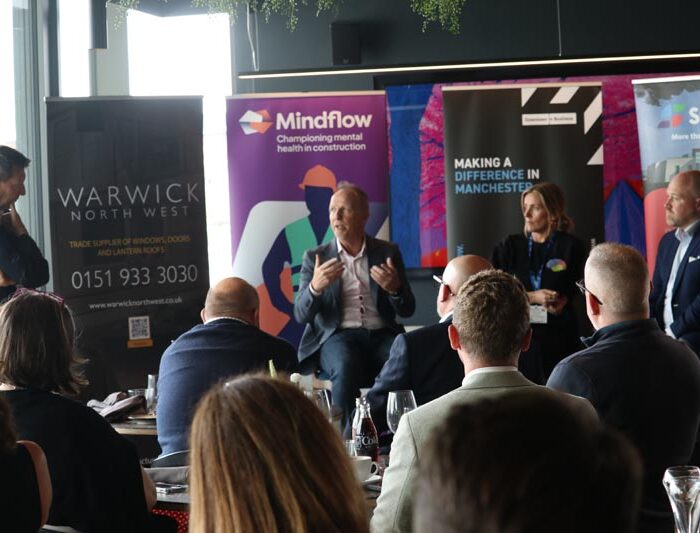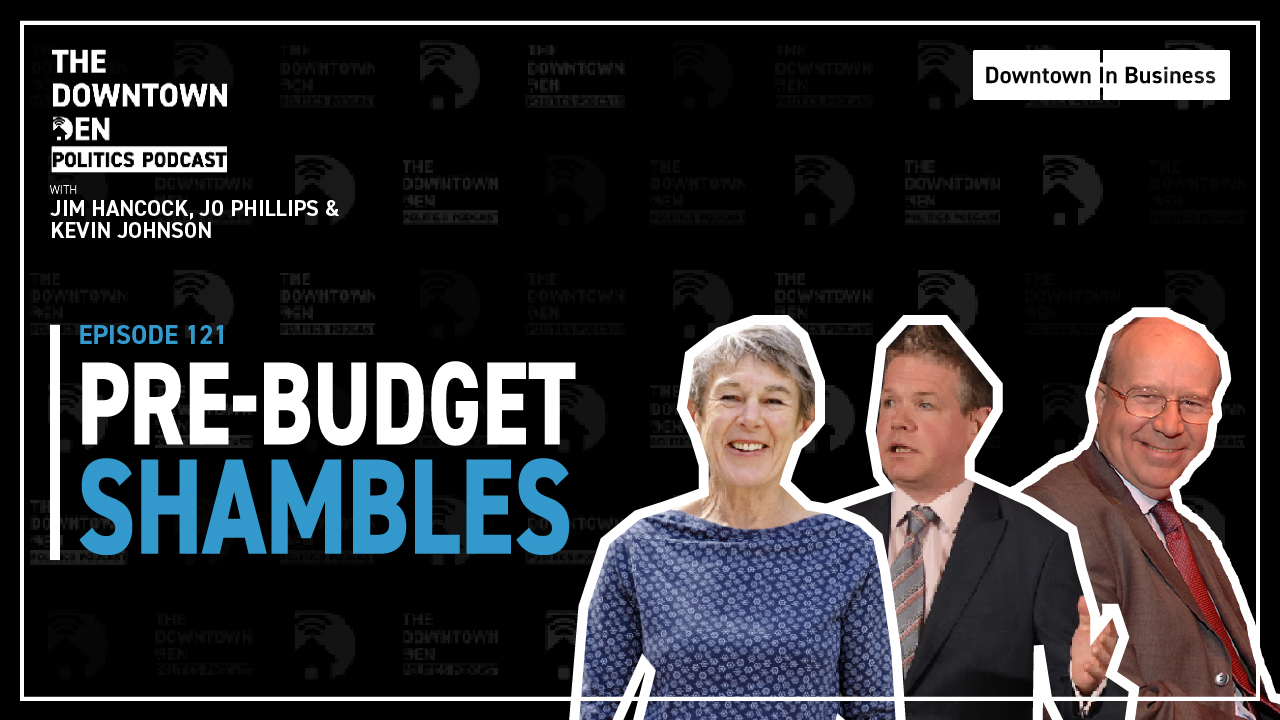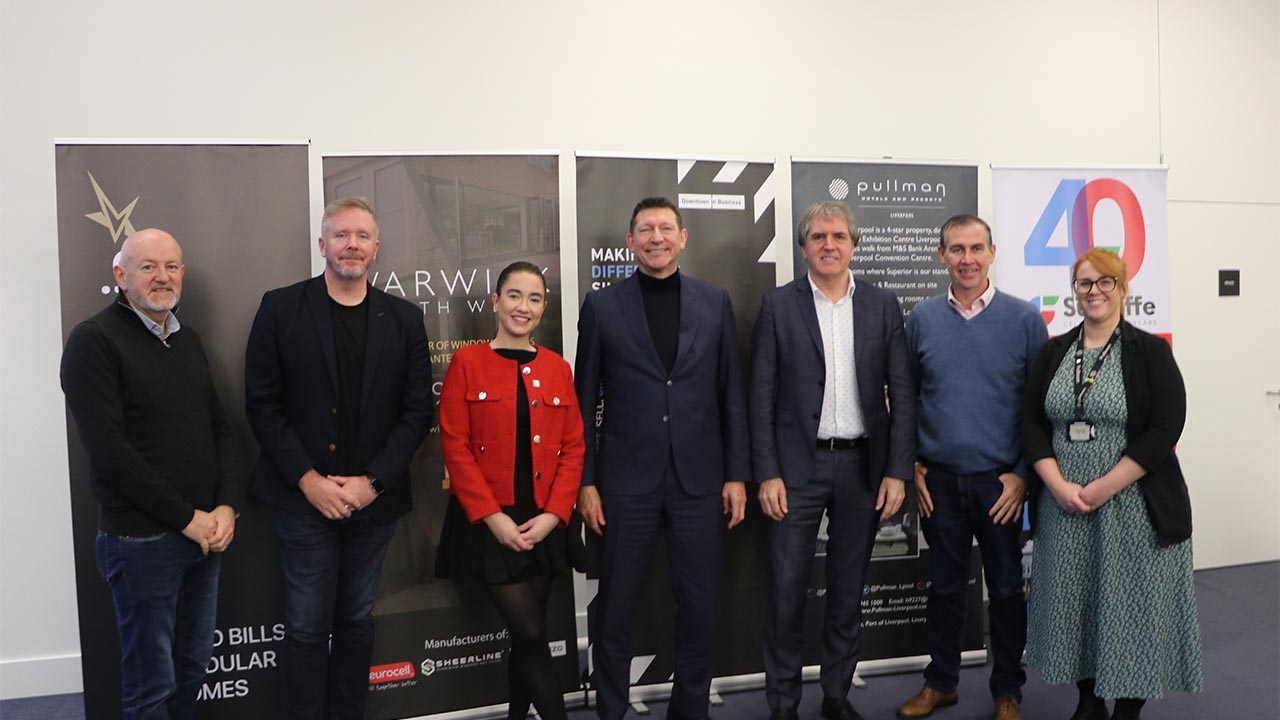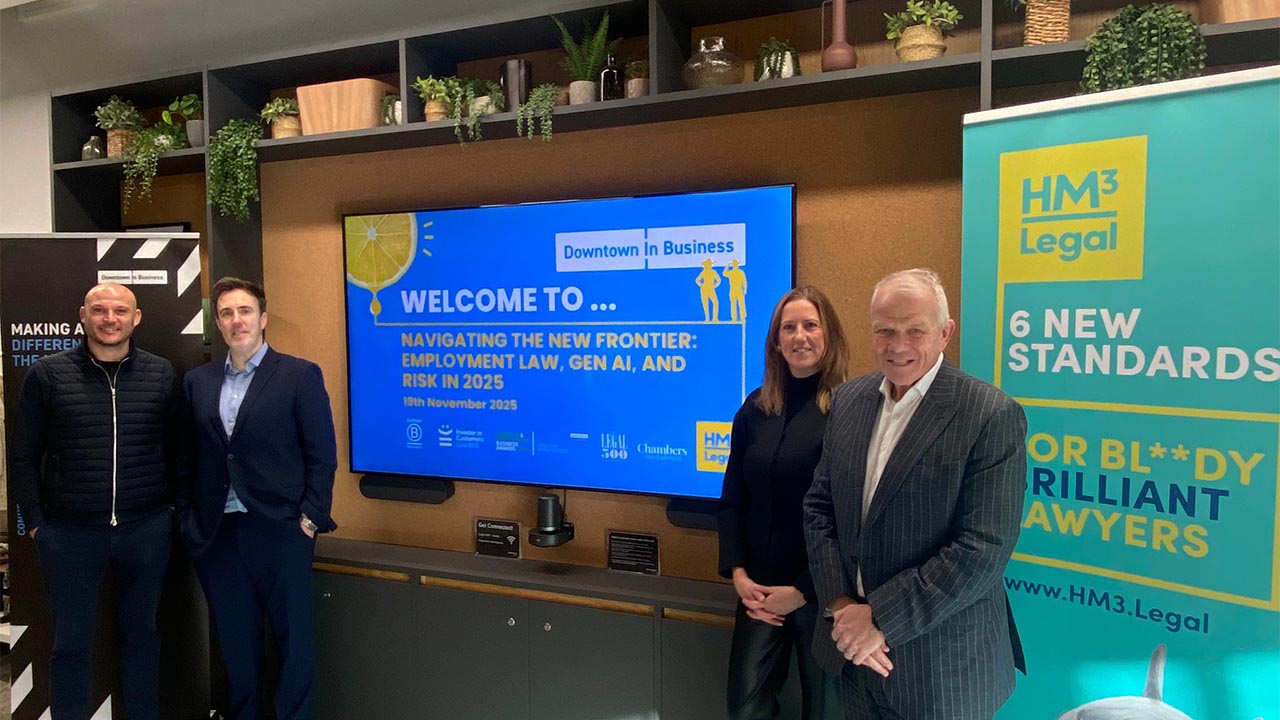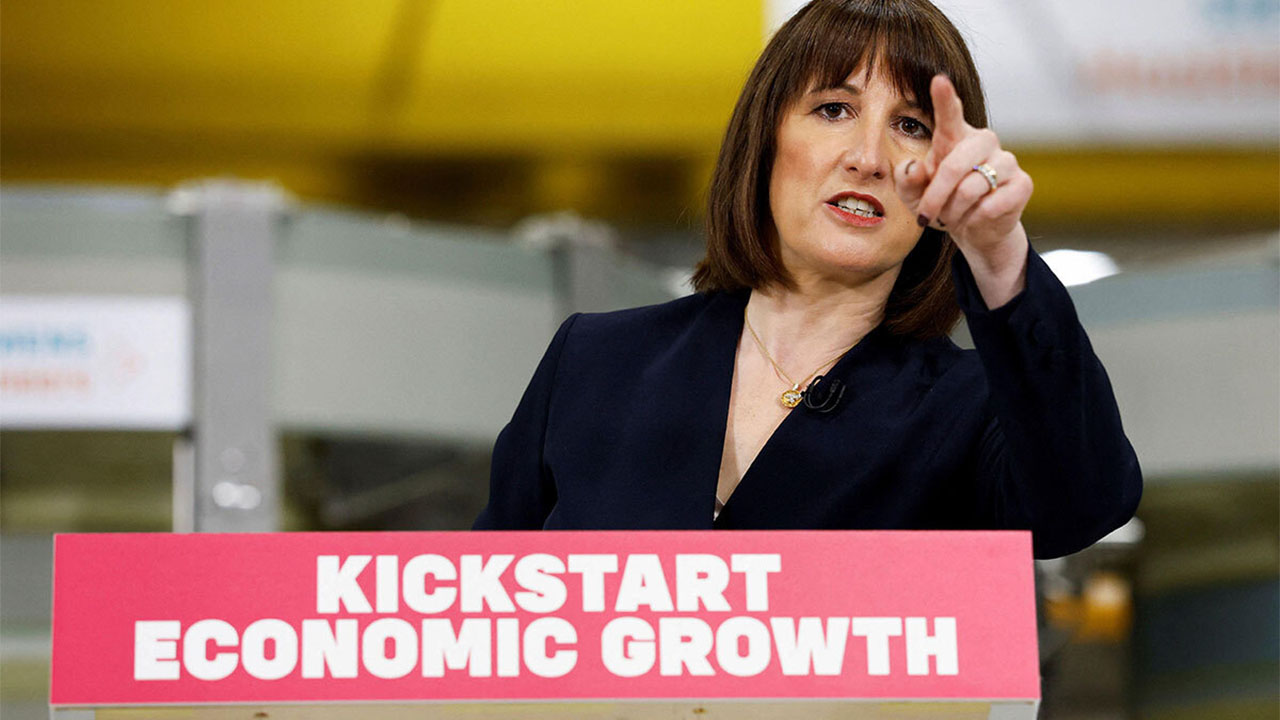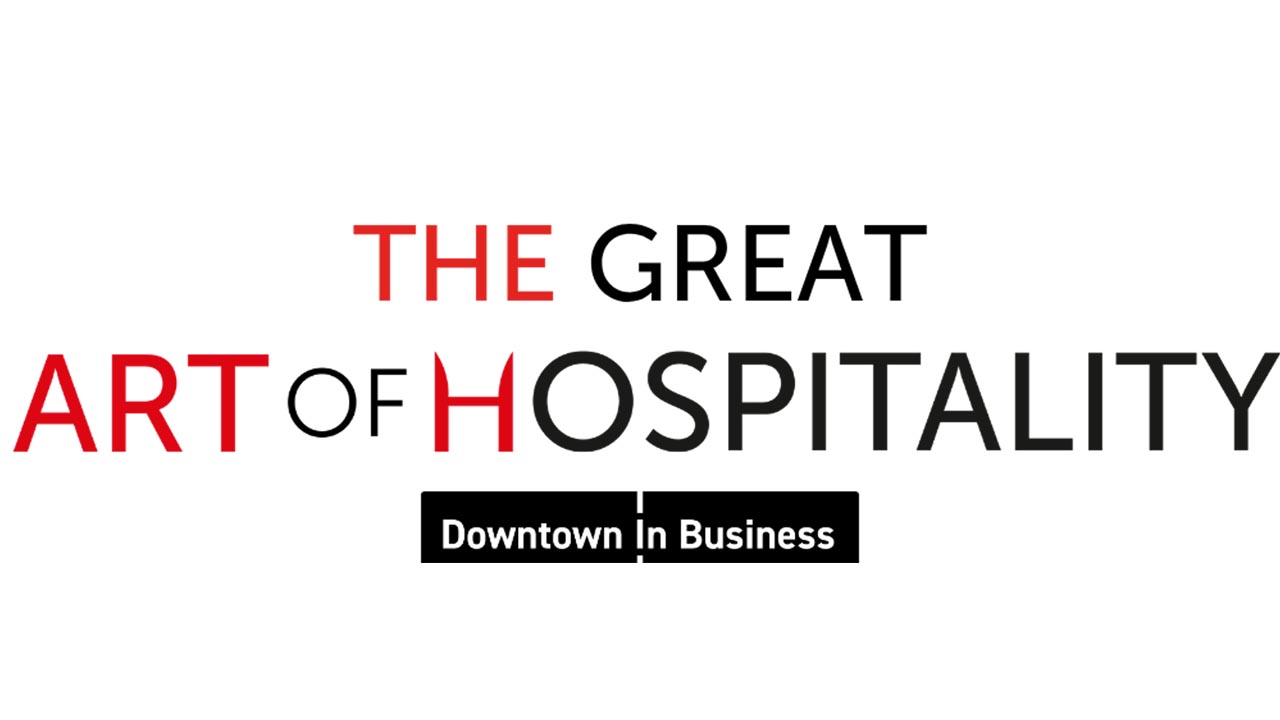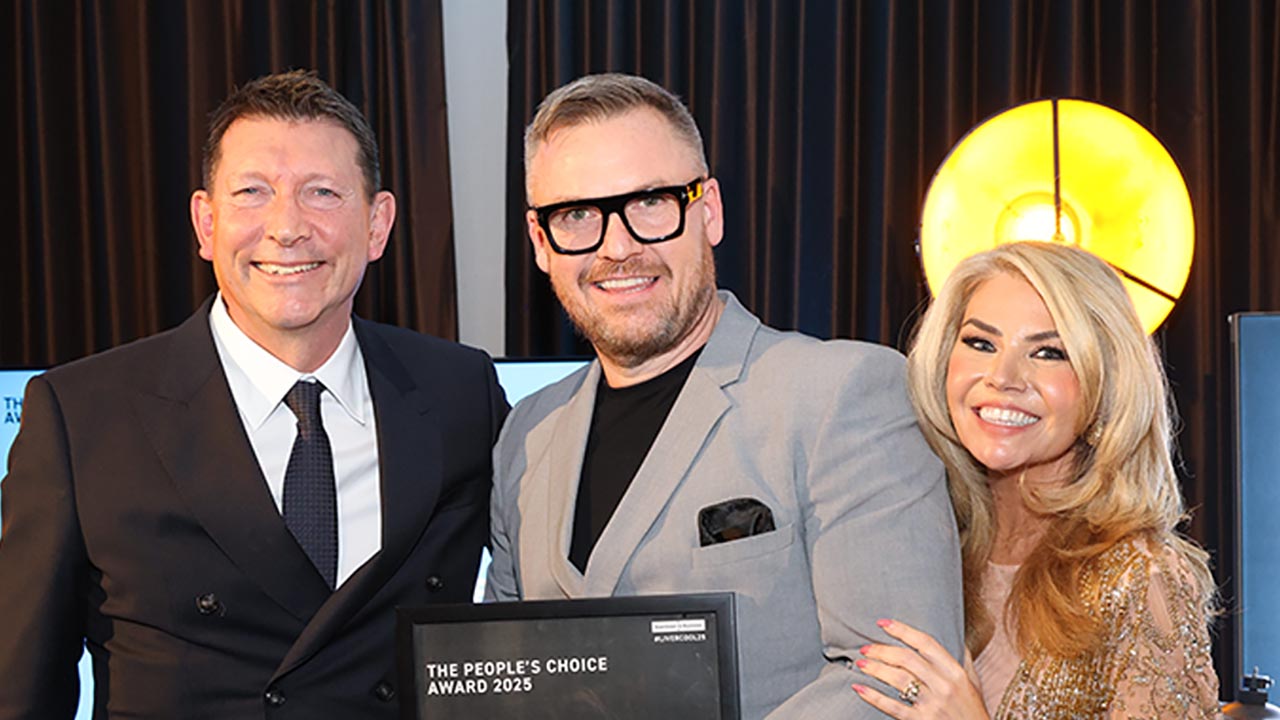The day began with the Housing Conference Breakfast, hosted in partnership with Sutcliffe at Neo. The room was filled with energy as public and private sector leaders gathered to discuss the major challenges and opportunities facing the region’s housing landscape. Guests heard from Cllr Gavin White, Executive Member for Housing and Development at Manchester City Council, who outlined the city’s housing priorities and vision. He was joined by Stephen Young, Chief Executive of Halton Council, who will soon take up the same role in Salford, offering a unique perspective on place-based leadership and cross-regional collaboration.
A standout voice during the morning was Trevor Steven, former professional footballer and now founder of Mindflow an organisation dedicated to supporting men’s mental health in the construction industry. Trevor shared compelling insights into the mental health crisis affecting many workers on building sites, and spoke passionately about the need for cultural change and open conversations within the sector. His contribution framed mental health as not just a wellbeing issue, but a business and productivity concern central to the future of the industry.
The conversation continued into the afternoon at Malmaison for our Housing 2025 Lunch, supported by sponsors Steven Hunt & Associates, Warwick, and Sutcliffe. This session shifted the focus slightly toward social value and the broader role of business in creating impact beyond the construction site. The panel brought together a wealth of experience, including Micele Steel from Regeneration Brainery, whose organisation is helping young people from underrepresented backgrounds access careers in property and development. John Simms of Nugent added depth to the discussion with a perspective from the charity and care sector, emphasising the importance of housing in the wider context of community wellbeing and support.
Trevor Steven returned to the conversation to share more about Mindflow’s work, further exploring the role of football and shared experience in breaking down mental health stigma. His message resonated strongly with the audience: that social impact, mobility, and mental wellbeing are essential components of any successful housing strategy.
Both events made clear that Housing 2025 is about more than planning policy and bricks and mortar. It’s about the people behind the projects the communities we serve, the teams we build, and the partnerships we forge. Downtown in Business is proud to be at the heart of this conversation, uniting public and private sector leaders to tackle the region’s housing challenges head-on.
A huge thank you to all our speakers, sponsors, and guests who helped us launch Housing 2025 with such energy, insight, and purpose.

